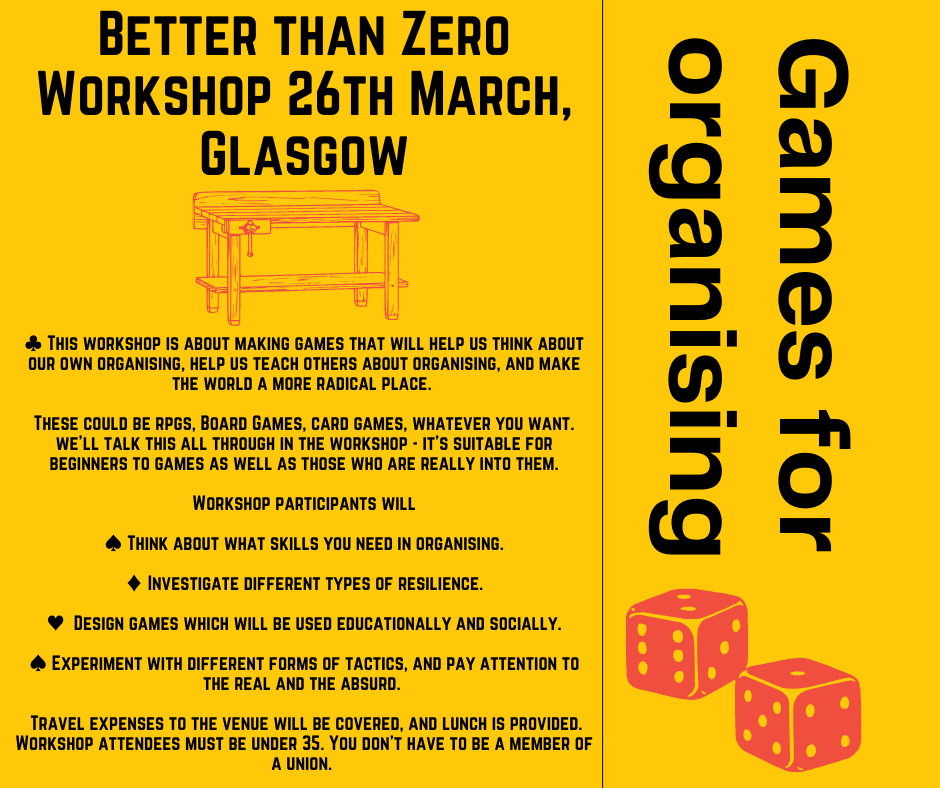Educate, Agitate, Organise
Myles Horton, the American educator/organizer told a story about a time when he was called in to help a group of mill workers organise a strike. In fact, the strike was already afoot, and there was no sign of the employer backing down. Horton was seen as an experienced organizer, and there weren’t many of those in the Appalachian mountains. The workers hoped to learn from his experience. The workers discussed a range of tactics, including ones involving dynamite. They struggled with the question of how far they could push the employer, given that none of them wanted to see the mill relocate to a different place. They wanted to keep their jobs and make them good.
Once they felt like they had exhausted all their options, the workers turned to Horton and asked him what to do. Horton said ‘look, I can’t tell you what to do, it’s up to you to work it out. I don’t know what you should do, and even if I did know I wouldn’t tell you, because what you’re doing right now is about taking your lives into your own hands.’ At this, one of the workers pulled out a gun. ‘Tell us what to do right now or I’ll shoot you!’ he said.
Horton always maintained that the roles of organiser and educator were different. An organiser has an idea of what to do, whereas an educator wats to help other people figure out what they think should be done. Horton thought that people need to start along the road - start doing something - and learn from it. Trying to figure out what to do in advance is pointless.
Freire talked about how you need to start creating things now, not tomorrow. One of the most beautiful things he thought you can teach people is that as you start to approach your dreams through actions you see more and more dreams stretched out ahead of you like a mountain range.
In her popular book, McAlevey writes about how tactics need to be placed in the hands of the workers. Organisers pay lip service to this, but ultimately want a cut-and-paste approach to organising that can be replicated everywhere. It’s a much longer task to teach collectives of workers to develop their own practical wisdom. If we had all the answers, we might disdain the long thorny task of liberatory education. It takes a lot of courage to admit the difficulties that the movement finds itself in, and to see that we need people who might have little theoretical or institutional knowledge, but a lot of knowledge about their friends or about their home, to forge new ways.
